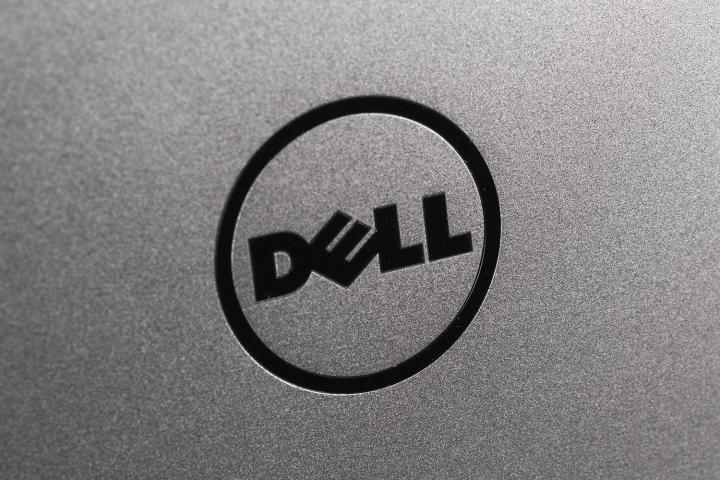
Update 3:05PM 11/23/2015: Dell has issued an expanded statement about the security problem, stating it was unintended flaw, and that users will be able to fix the issue by following the company’s instructions.
Customer security and privacy is a top concern and priority for Dell. The recent situation raised is related to an on-the-box support certificate intended to provide a better, faster and easier customer support experience. Unfortunately, the certificate introduced an unintended security vulnerability. To address this, we are providing our customers with instructions to permanently remove the certificate from their systems via direct email, on our support site and Technical Support. We are also removing the certificate from all Dell systems moving forward. Note, commercial customers who image their own systems will not be affected by this issue. Dell does not pre-install any adware or malware. The certificate will not reinstall itself once it is properly removed using the recommended Dell process.
It’d be better if the problem never existed in the first place, but Dell’s response has appeared much quicker than Lenovo’s handling of Superfish, which initially denied there was a problem at all.
Original text: It’s thought that systems currently being shipped by Dell might be carrying a major security flaw, leaving them wide open for potential attacks. Evidence of this error has been found on an Inspiron 5000 series notebook and an XPS 15 with a certificate called “eDellRoot,” but at this stage it’s difficult to get a handle on just how widespread the problem is.
The issue centers around the self-signed transport layer security credential, according to findings from Reddit reported by Ars Technica. Its existence makes it relatively simple for a hacker to slip past HTTPS protection protocols by forging a certificate to imitate the credentials of the self-signed “eDellRoot” certificate found on vulnerable Dell systems. With that bit of subterfuge complete, it would be possible for an attacker to imitate any website without the user knowing. Even most security programs can’t detect this sort of attack.
Remarkably, this problem was not caught by Dell, instead being investigated by a user who found a suspicious certificate named eDellRoot pre-installed on a new system. His claims were then corroborated by other users who found the same files present on their Dell computers.
Dell has since released a statement stressing that customer security and privacy is a ‘top concern’ in relation to pre-installed content. As such, an investigation into these suspect certificates in currently ongoing, and more updates for affected users are expected to be circulated by the company at the earliest opportunity.
Earlier this year, competing PC manufacturer Lenovo was the center of a similar uproar regarding pre-installed content that included a self-signed HTTPS certificate. In that case, Superfish adware was the guilty party — but the way that it opened up the computer it was installed upon resembled the exploit potentially lingering on Dell systems.
There are plenty of reasons why building a computer can be a better option than buying a stock system, but chief among them has to be complete control over what is installed upon it from the outset. In most cases, bloatware is the biggest problem, but a scenario like Dell’s snafu is something many users would prefer to steer clear of altogether.
Editors' Recommendations
- Dell’s new UltraSharp monitors have one major innovation
- Beware: The latest BIOS updates might wreck your Dell, Alienware, or Inspiron PC
- Your Dell laptop might have a security vulnerability. Here’s how to fix it.
- Dell’s Mobile Connect update will allow iPhone screen mirroring
- France’s first-ever solar panel road appears to have some serious issues


